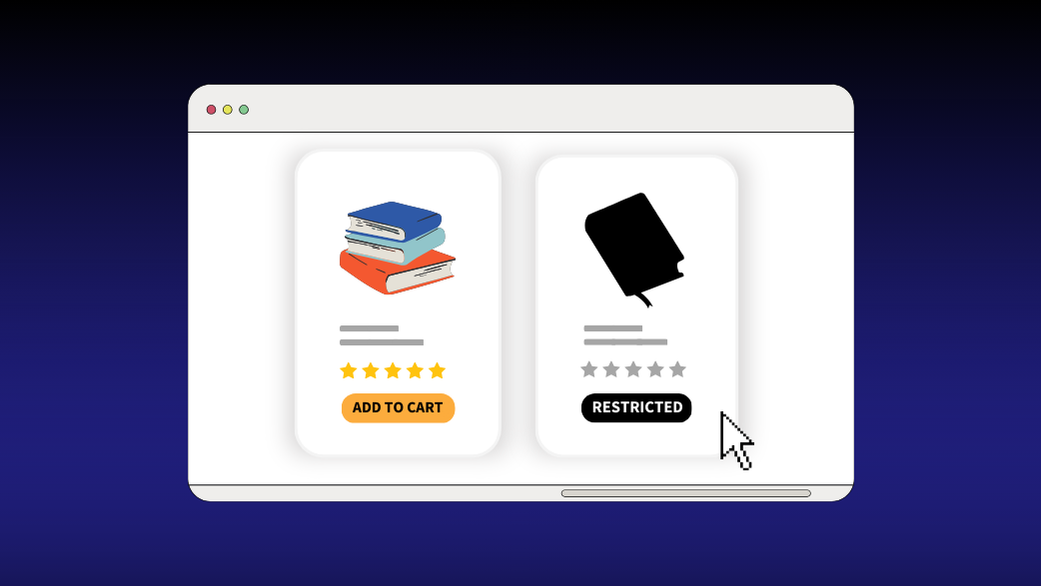



A recent study from CU Boulder highlights that book bans are increasingly being used as a political tool, particularly targeting works by women of color. The analysis, which covered the removal of 2,532 books during the 2021-22 school year, indicates that these bans are often orchestrated by organized conservative groups aiming to mobilize voters in areas where Republican majorities are dwindling. Notably, over half of the banned books were children's literature featuring diverse characters, including LGBTQ+ individuals and people of color. Authors of color faced disproportionate bans, being 4.5 times more likely to be targeted than their white counterparts. Despite the bans, there was no significant increase in interest or sales for these titles, suggesting that the motivations behind the bans are more political than consumer-driven. [0d15c599]
In Wisconsin, over 100 school districts have faced inquiries or formal requests to remove books, with many of these requests stemming from organized conservative groups rather than individual parents. The most frequently challenged titles include 'Gender Queer' by Maia Kobabe and 'The Bluest Eye' by Toni Morrison, with concerns primarily focused on LGBTQ+ themes, sexual explicitness, and racially charged content. A small group of 'super requesters' has been identified as the main drivers behind these challenges, reflecting a broader trend in states like Wisconsin, Pennsylvania, and Michigan, where partisan actors are leveraging book bans to energize their political base. [2a9506f0]
Books about disability have also emerged as popular targets for censorship in Wisconsin schools. In the 2022-2023 school year, literature addressing health and wellbeing, including disability themes, ranked as the second most frequently banned category. This trend coincides with Disability Pride Month, which underscores the ongoing censorship and erasure faced by disabled individuals. Titles such as 'Al Capone Does My Shirts' and 'Wonder Woman: Warbringer' have been among those challenged, reflecting a broader pattern of attacks on diverse voices. [78d10cef]
In a related analysis, the Citizen Lab has reported on the censorship of books on Amazon.com, revealing that 1.1% of books sold on the platform are restricted in regions such as the UAE and Saudi Arabia. The study found that Amazon restricts shipments of over 17,000 products, often citing misleading error messages to justify these restrictions. The banned titles frequently relate to LGBTQ+ themes, occult topics, erotica, and health issues. This censorship is influenced by strict regulations in the Middle East, particularly as Amazon expands its operations in the region. The findings raise significant concerns about Amazon's commitment to human rights and the accessibility of diverse literature globally. [af8939cf]